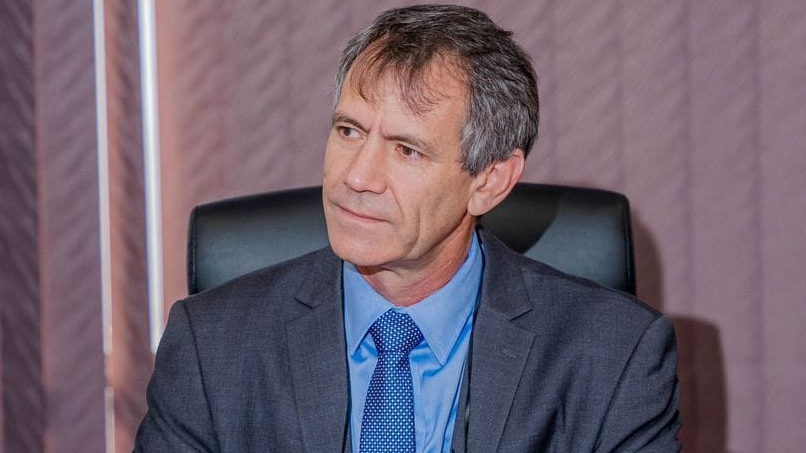
MBABANE – Following the salary review for civil servants, the packages for politicians will increase.
For instance, if the salary review is implemented in line with Finance Circular No.2 of 2023, each MP (backbencher) will receive a lump sum of E1 million in 2028 when their term of office expires.
The exact figure is E1 007 810.96 – the equivalent of their annual basic salary.
Presently, without consideration of the implications of the salary review, an MP (backbencher), based on the entry notch as stipulated in the circular, is entitled to an annual basic salary of E613 258. This, according to the circular, translates to E51 104.83 per month.
However, after the salary review, the MP’s new basic salary will increase to E83 984.24, translating to an annual pay of E1 007 810.88, which an MP will get as ex-gratia in 2028. The civil servants’ review influenced the MP’s ex-gratia increase by E394 552.88 (E1 007 810.88 – E613 258).
There are 79 backbenchers in a Parliament of 103 members, including 20 Cabinet members, two presiding officers and two deputy presiding officers.
A backbencher in Parliament is a member who does not hold a ministerial or administrative position in the context of the Tinkhundla System of Government.
It effectively means that Neal Rijkenberg, the Minister for Finance, would have to set aside a budget of E79 617 053.20 million for the payment of ex-gratia compensations for only the 79 MPs.
The term ‘ex-gratia’ is Latin, meaning ‘by favour’ and describes a payment or action done voluntarily, out of kindness or grace, without any legal obligation.
Ex-gratia is mentioned in 3.10.1 and 3.10.2 of Finance Circular No.2 of 2023. It reads: ‘The ex-gratia will be paid as a once-off payment, equal to twelve (12) months (one year) basic salary before tax; paid to all parliamentarians and designated office bearers at the end of the 12th Parliament.’
*…
Politicians’ salaries linked to civil service
MBABANE – Some people question why politicians benefit from the salary review, given that their remuneration is perceivably separate from the broader civil service structure.
It must be said that things changed some time ago.
Article 2.1.1 (a) (b) of Finance Circular No.2 of 2023 reads: ‘The salaries of all parliamentarians, designated office bearers and the attorney general’s will continue to be linked to those of the Civil Service through the Secretary to Cabinet for the duration of the 12th Parliament.’
Article 2.1.1. (b) also reads: ‘The salary of the secretary to Cabinet and head of the public service will continue to be used as a base, placing the basic salary of the prime minister at 50 per cent above that of the secretary to Cabinet. All other parliamentarians, designated office bearers and the attorney general salaries will be determined as a ratio of the prime minister’s salary.’
*...
JNF can’t expand scope to include security forces – PS
MBABANE - The Ministry of Public Service has clarified that the Joint Negotiations Forum (JNF) cannot expand its scope to include security forces and politicians, citing legal and structural constraints.
Principal Secretary Mthunzi Shabangu explained that while suggestions for broadening the JNF’s jurisdiction could be tabled before the appropriate structures such as the JNF itself, for thorough consideration, his initial view is that such expansion is not feasible.
“The JNF is a negotiations and consultations forum established specifically for government, as an employer, to engage with Public Sector Unions and Associations, which are formed and duly registered with the office of the commissioner of labour,” Shabangu stated. “
*Full article available in our publication.

Neal Rijkenberg, the Minister for Finance, says the wage bill will increase to about E1 billion per month, translating to E12 billion a year. (Courtesy pic)